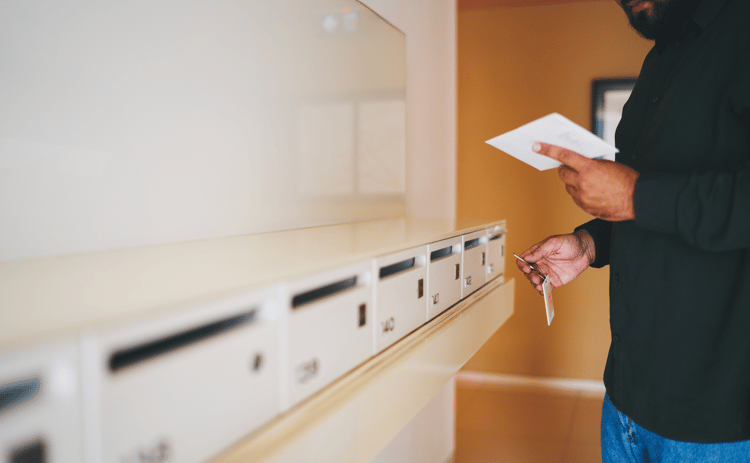As a self storage facility owner/operator, navigating the intricate balance between maintaining a profitable business and providing fair service to your customers is crucial. Increasing rent is a common consideration in business operations as costs rise, but doing so without notice can jeopardize your relationship with clients and may not always be legally compliant.
It's essential to understand the laws governing rent increases for self storage facilities, along with the best practices for communicating changes to your patrons. In this blog, we'll explore the ethics, legality, and effective strategies for rental adjustments in the storage unit industry.

Understanding Rent Increase Laws
Before you consider raising rent prices, it's crucial to understand the laws and regulations in your state regarding storage unit facilities. Generally, these laws are established to protect the rights of both facility operators and tenants.
Some states require written notice a certain number of days before a rent increase goes into effect, while others stipulate that any changes must be communicated in writing. It's vital to research and comply with these regulations to avoid any legal disputes or penalties.
When You Can Increase Rent
In most cases, rent increases are legally permitted as long as proper notice is given to tenants. However, there may be specific situations where you cannot increase rent, such as when a tenant has signed a long-term lease or if the increase violates any local laws. It's crucial to review your contracts and seek legal advice if necessary before increasing rent prices.
The Importance of Transparency at Your Self Storage Company
When considering a rent increase, being transparent with your customers is crucial. Providing clear and concise information about why the increase is necessary can help mitigate any frustration or confusion from tenants.
Your lease agreement should specify the term of the rent amount, giving tenants a sense of stability and predictability. It's essential to include clear terms within the rental agreement or contract about when increases can occur. In your rent increase letter, let tenants know the effective date of the increase.

The Ethics of Raising the Rent Price on Storage Units
While it's understandable that storage unit facility owners may need to increase rent prices over time due to rising operational costs, doing so without proper notice can be unethical.
For many customers, using a storage unit is often a temporary solution during a transitional period, and sudden rent increases can be a financial burden. As a business owner, it's essential to consider the impact of your actions on your customers' lives and communicate any changes transparently and with empathy.
Tips for Facility Owners Increasing Rent to a Higher Rate
- Review your state's laws and regulations regarding rent increases for storage facilities.
- Ensure there's no State of Emergency in place in your state that would prevent you from issuing an increase due to price gouging laws.
- Give proper written notice to tenants, as required by law.
- Consider the impact of your actions on your customers and communicate any changes with empathy.
- Be transparent about why the increase is necessary and provide clear information to tenants.
- Allow time for customers to ask questions or voice their concerns.

Additional Ways to Generate Income in the Self Storage Industry
Apart from month-to-month rent increases, there are other ways for storage unit facility owners to generate income and improve their business. Some ideas include:
- Offering additional services such as moving truck rentals or packing supplies.
- Implementing a referral program to encourage current customers to refer new clients.
- Hosting events or workshops at your facility to attract potential customers and engage with the community.

Implementing Late Fees in a Fair Manner
Enforcing late fees for delayed payments is another approach to manage revenue and encourage timely payments. Set late fees at a reasonable rate and ensure they are clearly outlined in the rental agreement. Some states have laws that dictate the amounts that can be charged (whether it be a percentage or flat rate) and when they can be charged for late fees.
Late fees should be proportional to the rent and not punitive. Good practice involves notifying tenants of the late-fee policy when they first sign the lease and sending reminder notices before late fees are applied. Effective communication can promote goodwill, and it may also reduce the incidence of late payments, helping to maintain a reliable cash flow for your facility.

How a Storelocal Consultant Can Help
Navigating the laws and regulations surrounding rent increases can be a daunting task for storage facility owners. That's where Storelocal comes in. Our team of experienced consultants can provide guidance and support to help you navigate this process effectively. Contact us today to learn more about our services and how we can support your storage facility.
